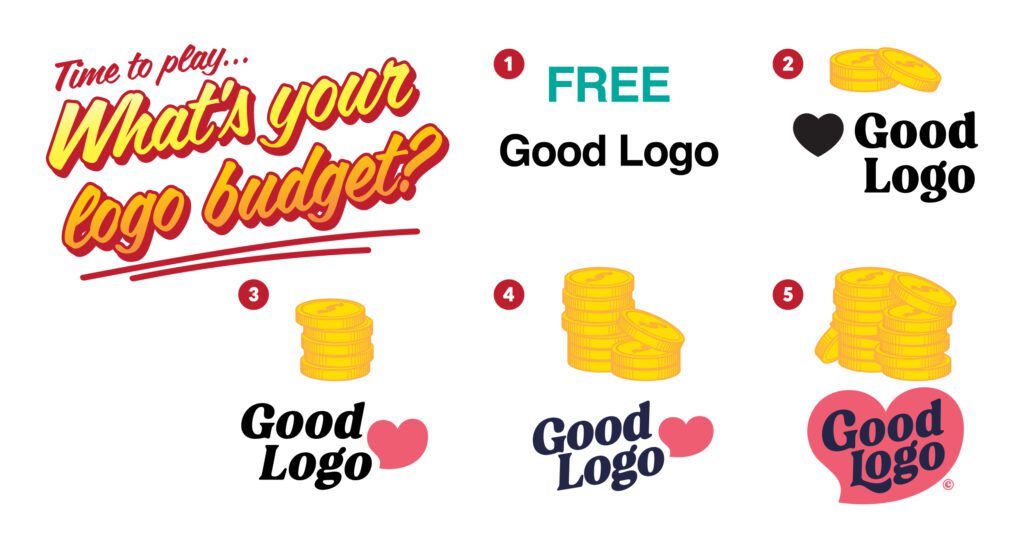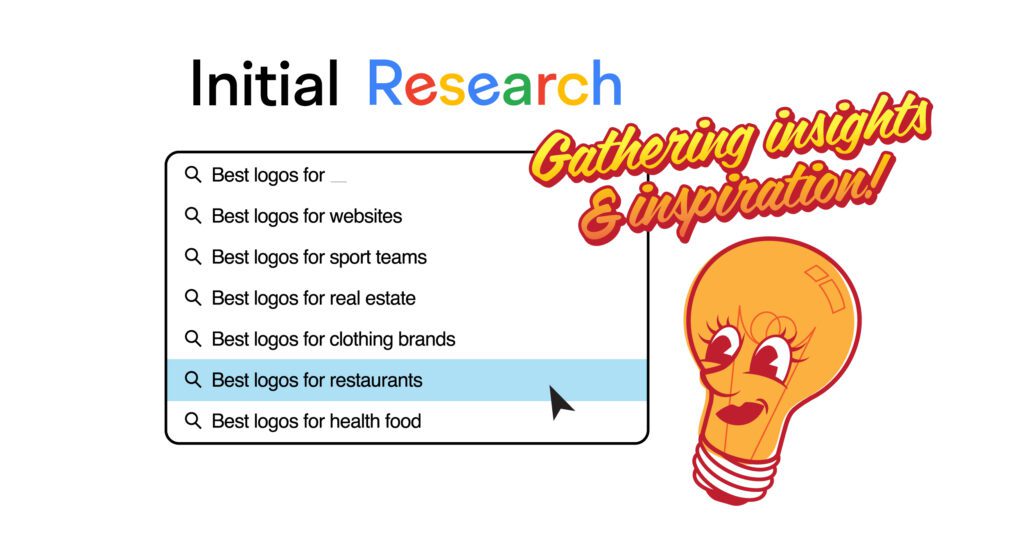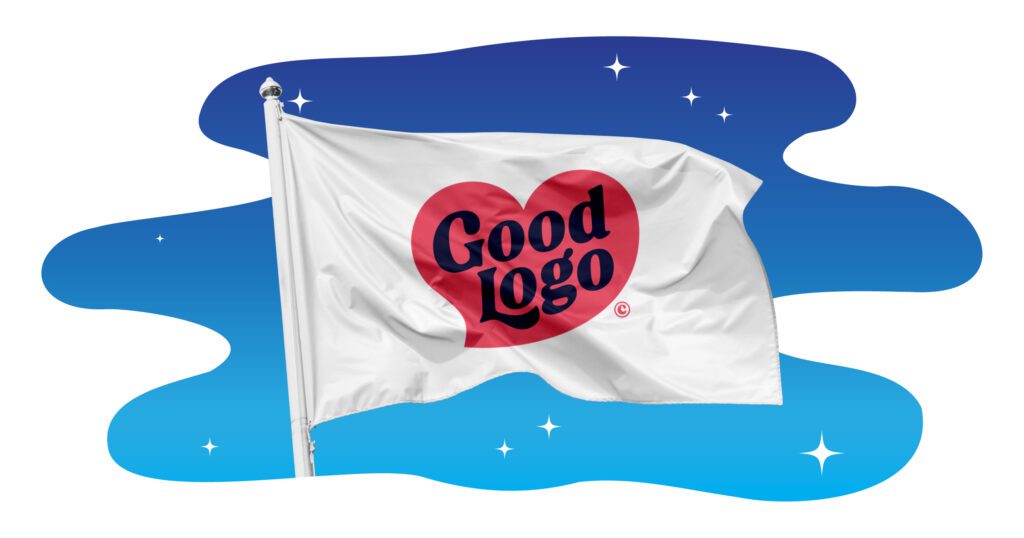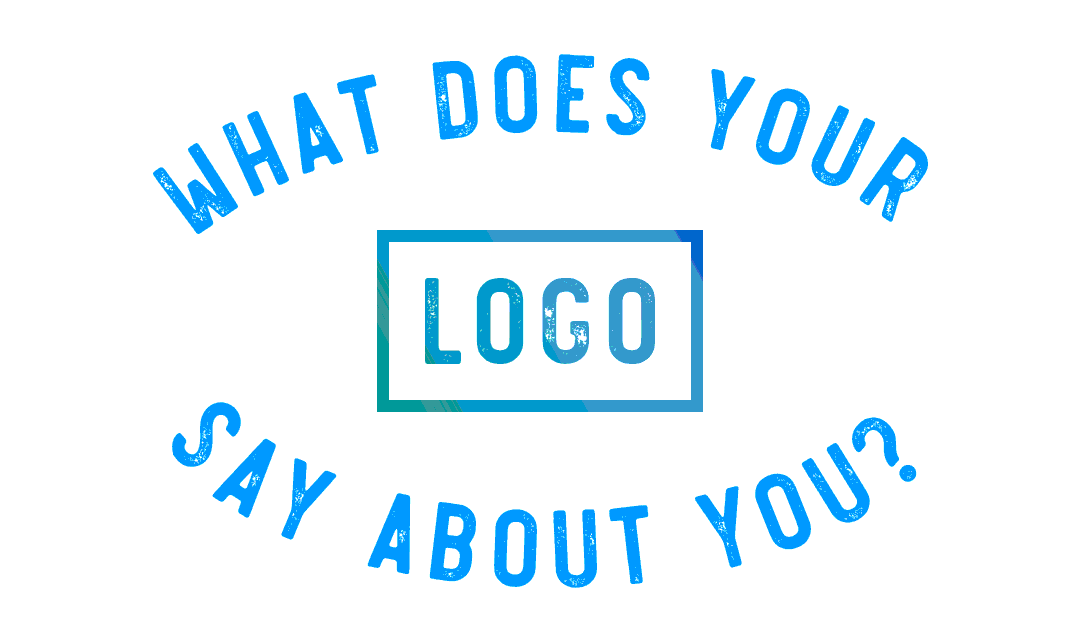This is the first blog in a series that discusses the importance of logo design for small businesses and some best practices in finding the right voice for your logo. Do you know what your logo should say about you?
“All I need is a logo!”, Maybe you’ve said it, or you’ve even thought about it. “After all, once I have a logo for my business, I have something I can put on everything. I can put it on my website, business cards, packaging, signage, social media pages and letterhead. Once I have a logo, I can brand everything easily.” Unfortunately, this is a common misconception about the role and use of a logo often made when starting a business brand.
Your logo is the identifier under which your business operates. It’s like the flag of your own personal country complete with its own culture, beliefs and supporters.
The Argument For a Logo Budget
In business, your budget is always top of mind. The things that don’t immediately improve the bottom line don’t usually get a large portion of the operating budget. After all, businesses are meant to make money, and more money can be dedicated to design once it is there to spend, am I right? Not quite. This way of thinking can be counter-productive and could lead to a logo being created hastily and regretted soon after that. Logos created with little thought can appear cheap and tarnish a reputation that is just developing. The saying “you never get a second chance to make a first impression” rings true for businesses as much as it does for people.

Your logo can make a good lasting impression and give you some credibility. If you make sure, it is saying the right thing about your business from the very beginning. It is also essential to understand that your brand is so much more than your logo. However, starting your business conversation with a carefully executed logo can speak volumes about your brand.
Research Your Logo Options
People make inferences about the world around them daily. Big businesses will sometimes take advantage of colour and environmental psychology when developing visuals, storefronts and graphic identities. They will use personality and social psychology to make decisions on messaging, experiential and interactive design. Big businesses usually have the teams and resources to make a positive and lasting first impression. However, most small companies and startups don’t have the luxury of conducting exhaustive surveys and beta tests before making decisions.
Often times in a small business, it is one person taking responsibility for all of the decision-making. Weighing the pros and cons of every situation and taking stock of time spent on tasks that aren’t directly making money. Small businesses often don’t have the funds to hire an agency to help them with their design and marketing challenges. This shouldn’t mean things are developed by chance in a vacuum. It does mean that small businesses have to find cost-effective ways to develop things such as logos.

Conduct web searches to gather insights and inspiration
While I would advocate engaging the services of a seasoned graphic designer, there are ways of limiting your costs when employing a contractor’s services. Good research and the opinions of other professionals you trust can be a cost-effective way to start developing a logo. You want to ensure it has the character you intend to put forward. Researching on the web is the first step but should not be your last. Exploring design magazines and books in your local bookstore or library can open your eyes to the possibilities out there. These should give you ideas for how you want your logo to represent your business.
Doing your homework can help you when you need to involve a graphic design expert because you will have done much of the legwork necessary to develop well-thought-out concepts and ideas. Honest criticism is key. If you can’t count on someone to have a different opinion than yours from time to time, then an exercise in finding your logo’s voice will be fruitless.
The Difference a Good Logo Makes

Your logo is the identifier under which your business operates. It’s like the flag of your own personal country, complete with its own culture, beliefs and supporters. It should speak volumes about your purpose, knowledge, character and ability to communicate as a business. A good logo tells the world what kind of business you run and what type of business you aspire to create. It is for all these reasons that extra care and effort should be taken when approaching logo design.
Want to read more? Check out the next article in the series – What does your logo say about you? Insight ONE: My logo says, “I am deliberate and purposeful.”
Need help executing your logo designs? Connect with me by email through my Cyan Bold Design website.

